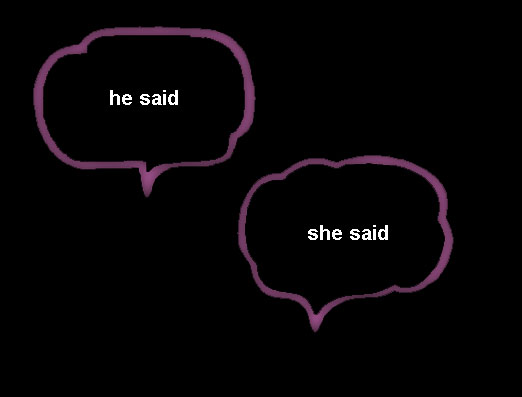Years ago I was reading a book by Louis L’Amour, a favorite author of mine. I don’t remember which book it was (I haven’t yet read them all, but I’ve read many of them), but I do recall being confused throughout. Why? I’m so glad you asked. Because three of the main characters had similar names, names that all started with the letter T. Something like, Taggart, Taylor, and Trevayne. I was constantly turning pages to reorient myself as to who was whom. And also as to whom was who.
Naming your fictional characters (or, in nonfiction, composite or substitute names) is one of many enjoyable tasks in the creative process. For some writers of fiction, it’s their favorite part of the whole process. But there are, unfortunately, a few pitfalls when it comes to naming your characters. Here are several:
- Giving characters the same names
If you’re George R. R. Martin writing the series A Song of Ice and Fire, I suppose you can get away with giving three important characters the name Jon and two prominent characters the name Rob. But are you George R. R. Martin? Of course, in historical fiction, this can be an almost unavoidable problem. In my two coauthored historical novels, Northkill and The Return, two of the five main characters were a father and son, both named Jacob, so we distinguished between them by using the Old Country spelling for the immigrant (and father) Jakob while spelling the son’s name Jacob. Not necessarily brilliant, but it helped.
- Giving characters similar names
In some cases, there are good reasons to want two or more characters to have similar names. Siblings, for instance, such as Margaret and Marianne Dashwood in Jane Austen’s Sense and Sensibility. At least their other sister was named Elinor. Margaret, Marianne, and Marabelle would’ve been too confusing.
- Giving characters unpronounceable names
I see this most often in aspiring fantasy writers’ efforts. (I don’t represent fantasy—Steve does—but still occasionally review or critique it.) Sure, it’s kind of cool to name your main character Zzysx, but I’m not sure how to pronounce it. Also, this is a problem in some historical fiction—especially if it takes place in Wales—like How Green Was My Valley, which provided a pronunciation key for names like Ianto and Iestyn and Mr. Gruffydd (pronounced “Griffith”). Even with the keys, the names can be a “bump” on the reader’s road.
- Giving a character multiple names
You know, sometimes a character named Naomi is called Dolly by her mother and Bug by her beloved grandfather. This sort of thing can add a note of authenticity and help to shape the characters; but it can be a challenge for the reader, especially if Naomi, Mom, and Gramps are in the same scene.
- Giving a character an anachronistic name
If your novel’s setting is, say, Elizabethan England, and you give your English character the name Jolene, it might be a red flag to an informed reader since that name came into use much later. Similarly, if you’re writing a contemporary novel and name your character after a member of the U.S.A.’s 1787 Continental Congress, you might want to choose George or James instead of Governeur Morris or even Daniel of St. Thomas Jenifer (whose family, the Jenifer family, had a tradition of naming all male children Daniel, so they appended phrases, such as “of St. Thomas” to distinguish them from one another). Not to mention (but I will) that Daniel of St. Thomas Jenifer has another strike against it, in my view: His surname, when used alone (instead of his full first name) could be confused with a female’s first name.
I’ll stop there, and ask (1) what are your character-naming secrets, and/or (2) what character names have tripped you up in your reading or writing?











